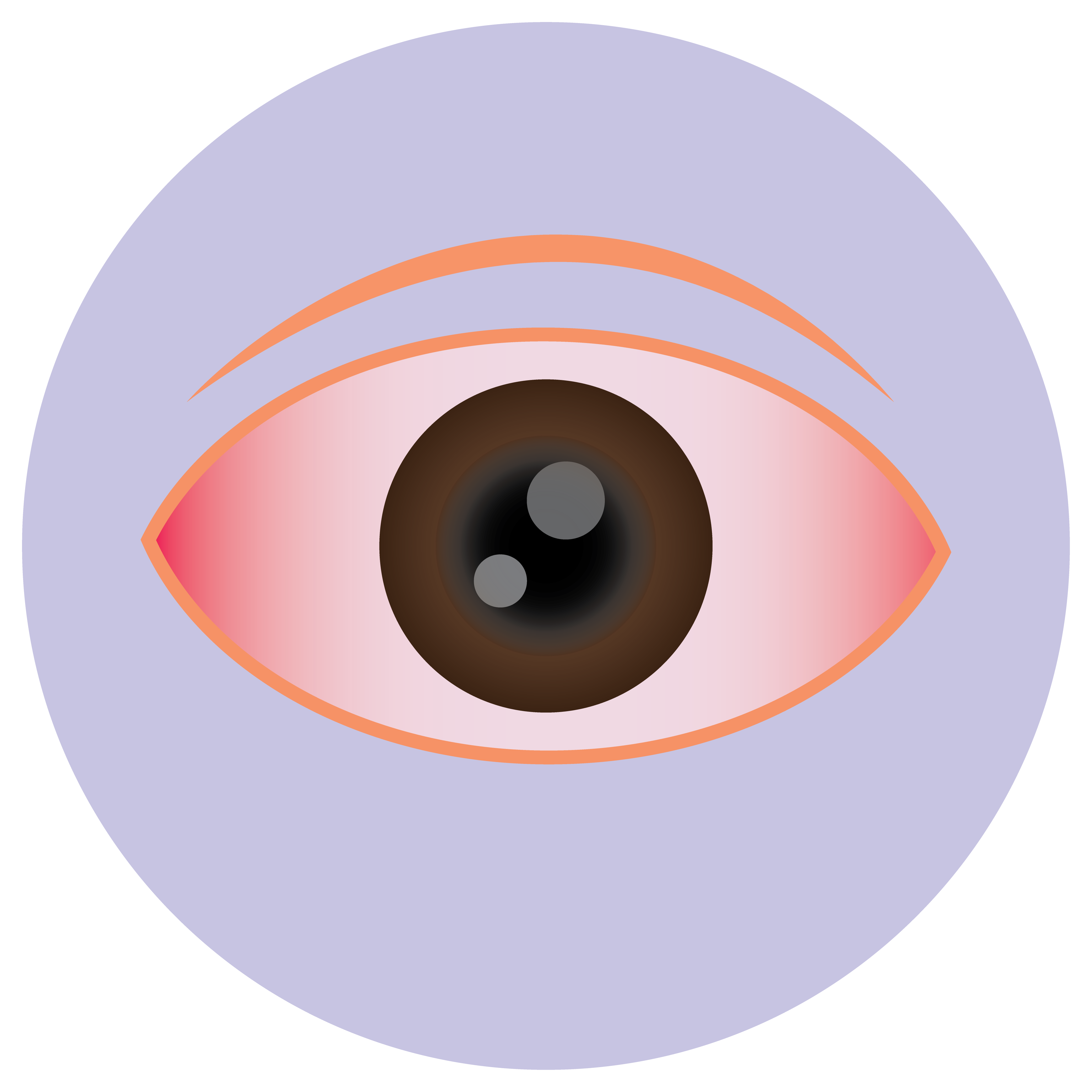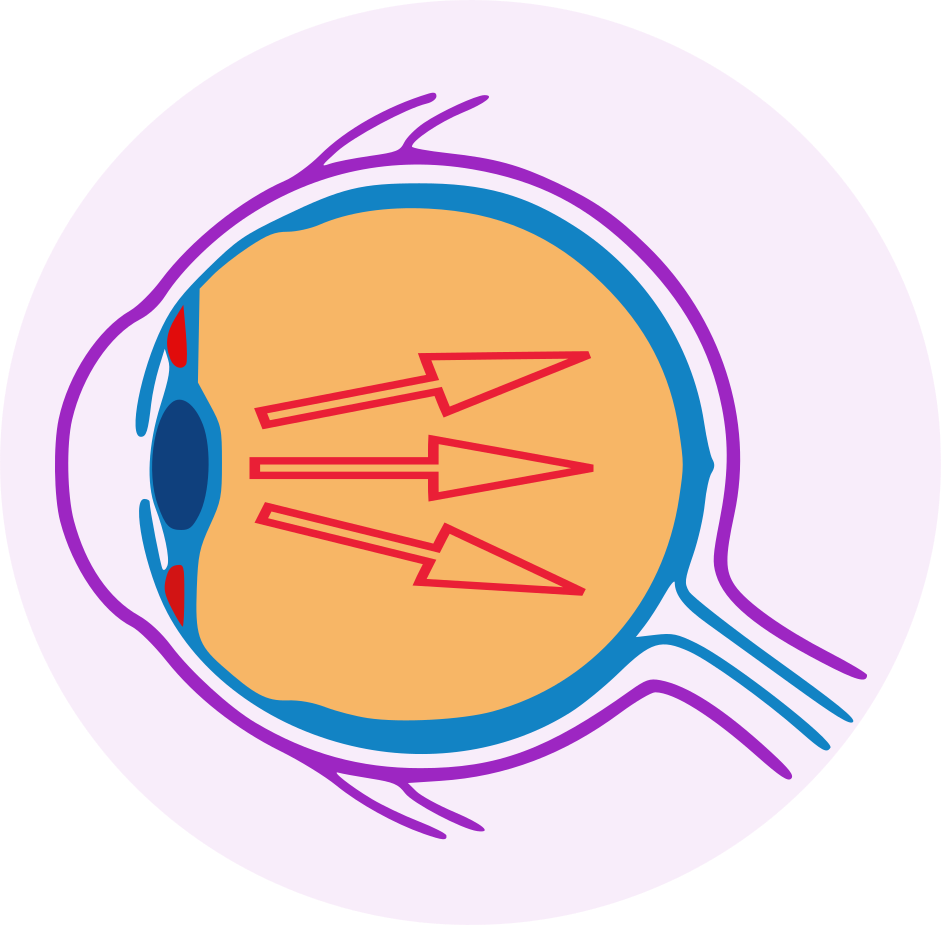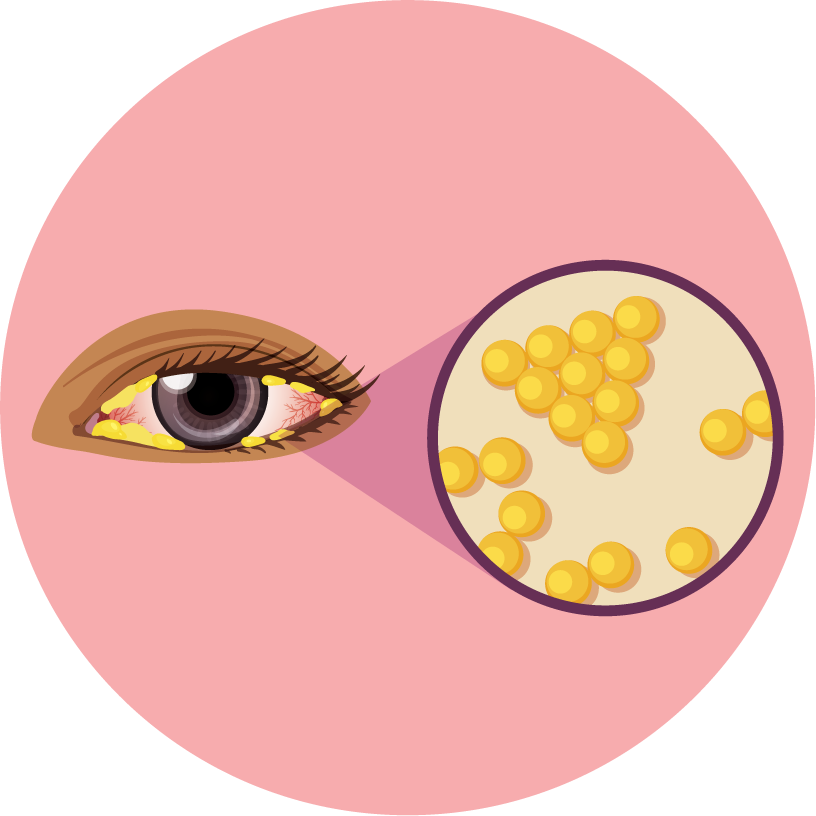| Name | Difluprednate |
| Classes |
Dermatological/Topical Agent Ophthalmic Preparation Steroid |
| Diseases |
Irritation Ophthalmic Disease Pain Redness Swelling Warmth |
Difluprednate
Difluprednate is a corticosteroid with potent anti-inflammatory and immunosuppressive properties. Difluprednate acts by inhibiting the inflammatory response through various mechanisms. It binds to cytoplasmic glucocorticoid receptors, leading to the modulation of gene expression and the subsequent inhibition of pro-inflammatory cytokines. This results in a reduction of inflammation, edema, and other immune responses.
Difluprednate ophthalmic emulsion is indicated for the treatment of inflammation and pain associated with ocular surgery.
The recommended dose is one drop instilled into the conjunctival sac of the affected eye(s) four times daily
Adverse reactions are listed in order of decreasing frequency:
- Increased intraocular pressure
- Conjunctival hyperemia
- Corneal edema
- Eye pain
- Blurred vision
- Eye irritation
- Elevated intraocular pressure (IOP) - Prolonged usage of corticosteroids may lead to an increase in intraocular pressure, potentially causing glaucoma characterized by damage to the optic nerve, impairments in visual acuity, and alterations in the visual fields. Monitoring of IOP is recommended if this product is utilized for 10 days or more.
- Cataracts - The application of corticosteroids may induce the formation of posterior subcapsular cataracts.
- Delayed healing - The administration of steroids following cataract surgery might impede the healing process and elevate the risk of bleb formation. In conditions associated with corneal or scleral thinning, topical steroid use has been linked to perforations. Physicians should renew prescriptions after 28 days only following patient examination, aided by magnification tools such as slit lamp biomicroscopy, and, when suitable, fluorescein staining.
- Bacterial infections - Prolonged corticosteroid use may suppress the host response, increasing the risk of secondary ocular infections. Steroids could mask or exacerbate existing infections in acute purulent conditions. If symptoms persist without improvement after 2 days, reassessment is advised.
- Viral infections - Caution is required when employing corticosteroids in patients with a history of herpes simplex. Ocular steroids may prolong and worsen the course of various viral eye infections, including herpes simplex.
- Fungal infections - Long-term local steroid application may enhance the susceptibility to coincidental fungal infections, particularly in the cornea. The possibility of fungal invasion should be considered in cases of persistent corneal ulceration associated with current or prior steroid use.
Contraindication
Difluprednate ophthalmic emulsion is contraindicated in patients with known hypersensitivity to any of the ingredients in the formulation.
None known.
- Difluprednate like other ophthalmic corticosteroids, should not be used in the presence of various viral conditions affecting the cornea and conjunctiva, such as epithelial herpes simplex keratitis (dendritic keratitis), vaccinia, and varicella.
- Additionally, it is contraindicated in cases of mycobacterial eye infections and fungal diseases affecting ocular structures.
|
|
 Bangla
Bangla English
English




